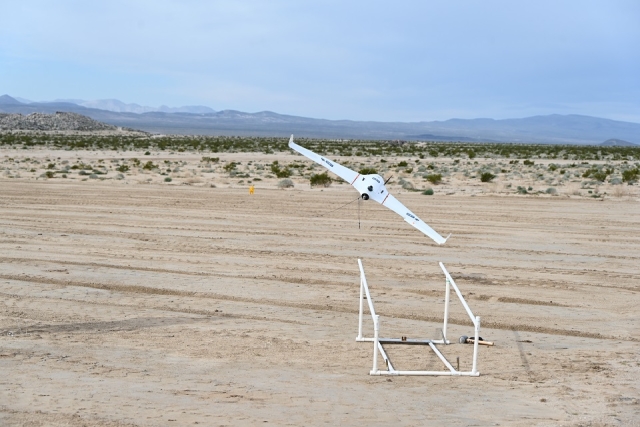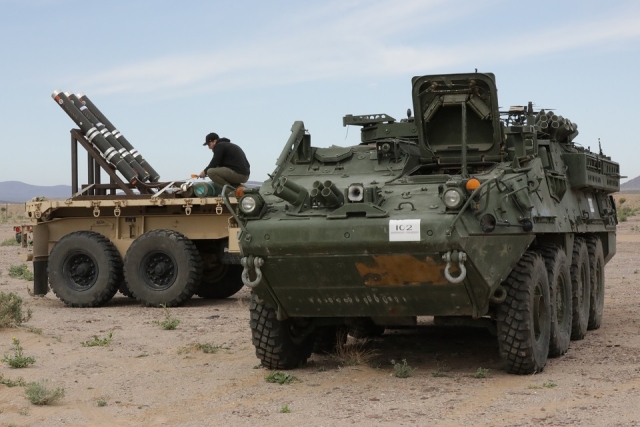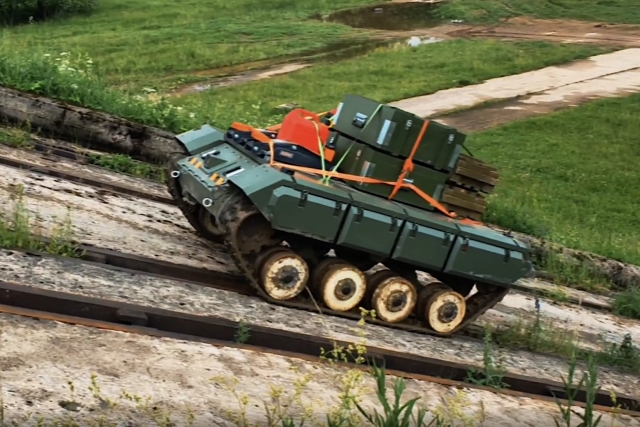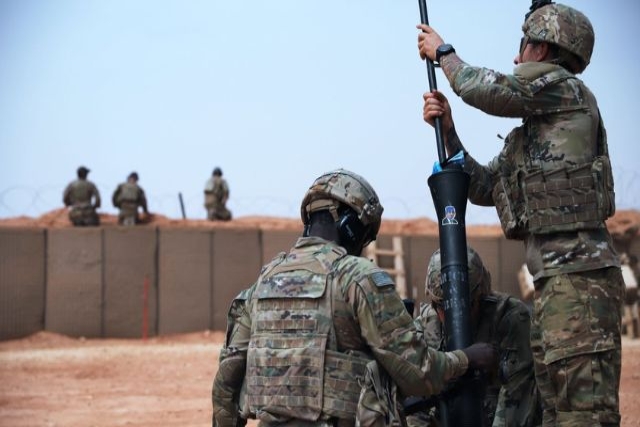AUKUS Conducts First Exercise with AI-Enabled UAVs Targeting Ground Threats
The exercise marks the first use of autonomy and AI sensing systems in a real-time military environment.: UK MoD

Australia, the United Kingdom, and the United States have conducted their first military trial integrating autonomy and Artificial Intelligence (AI), using AI-enabled uncrewed aerial vehicles (UAVs) to destroy ground targets.
Testing saw the deployment of a series of AI-enabled UAVs that allow a human operator to locate, disable and destroy targets on the ground. This trial, which included contributions from AUKUS partners and the Defence Science and Technology Laboratory (Dstl), represents the first real-time military use of autonomous and AI sensing systems. The exercise focused on collaboration among the allied nations in the use of AI and autonomy, with the goal of enhancing operational outcomes while minimizing risks to personnel. AI and autonomous systems were used to reduce the time required to identify enemy targets.
During the exercise, multiple drones from each nation operated in the same airspace, working towards a shared objective. These operations were supported by an AUKUS AI team that retrained and deployed AI onto the platforms in real-time. The exchange of data and control between the technologies of the three nations was demonstrated during the trial.
Commodore Rachel Singleton, Head of the Defence Artificial Intelligence Centre (DAIC) and the UK lead for the AUKUS AI and Autonomy Working Group, stated: "Resilient and Autonomous Artificial Intelligence Technologies provide the opportunity to develop, test, and trial AI models on autonomous systems. The AUKUS partnership is key to ensuring that the systems designed by each nation are interoperable into the future."
The trial was part of the AUKUS Resilient and Autonomous Artificial Intelligence Technologies (RAAIT) series, which took place during the annual U.S.-hosted multinational Project Convergence experimentation exercise. AUKUS continues to develop and deploy AI and autonomy technologies with a focus on maintaining meaningful human control.

This exercise demonstrated advancements since the first UK trial in April 2023. Once proven, these systems will be incorporated into national platforms to support military operations in response to current and future threats.
Project Convergence involved the participation of around 500 British Army personnel, alongside Dstl, which was supported by industry partners including Deloitte, Cambridge Consultants, IQHQ, Blue Bear Systems Research, and Frazer Nash Consulting. The exercise also involved government participants from Australia and various U.S. defense research organizations.
AUKUS, a defense and security partnership, aims to enhance military capabilities among the three nations, supporting both Euro-Atlantic and Indo-Pacific security. Under Pillar 2, AUKUS partners are deepening their cooperation on military technologies to respond to evolving threats.
Through AUKUS, new capabilities are being tested to protect platforms. For example, protecting armoured vehicles from electronic warfare, laser and GPS attacks.













